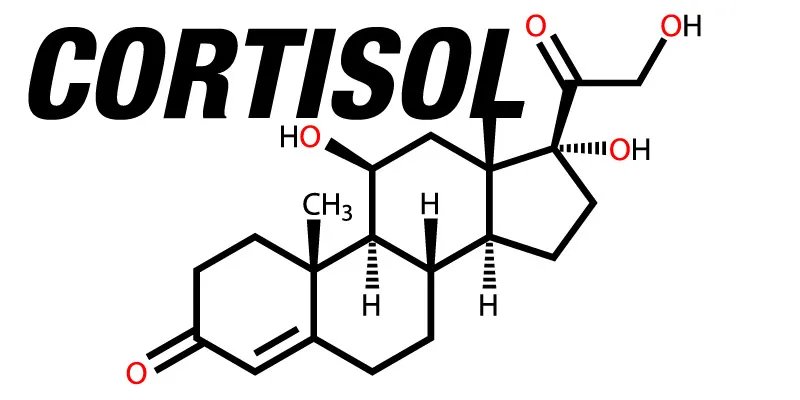Stress is a natural, defensive reaction. It happens when things in the world around us threaten us.
There is a close relationship between stress and hormones: the chemicals that the body releases to increase your alertness and make you more capable of dealing with a danger.
Do we need to be more aggressive and alert? Saber-toothed tigers and hostile people wielding bows and arrows from other clans or tribes are in short supply today. Some say that these stress chemicals are much less useful than they once were.
Stress is not only a biological response. It is also mental and emotional. Tension, low-level desperation, negative feelings, and a gnawing sense that pressures and problems are piling up faster than they can be dealt with are all part of stress, too.
In part, however, these responses are hormonal as well.
A List of the Stress Hormones
The list of stress hormones given here is not exhaustive, but covers the major ones.
Cortisol
In talking of stress and hormones, one of the foremost is Cortisol. It originates in the adrenal gland, just on top of the kidney. Traumatic events cause large releases of cortisol, but there are many other potential triggers for it, too.
Commuting prompts the body to release this stress hormone, with more being released the longer and more difficult the commute.
Sleep deprivation, caffeine-rich drinks like coffee and tea, and even low caloric intake boost cortisol, too.
Cortisol has a real function. It shifts energy to important areas of the body for quick action in response to danger. But if stress is lengthy, the immune system grows weaker and people may experience “burnout” or even emotional breakdowns.
Norepinephrine
Norepinephrine is a must-include for a list of stress hormones. It is released when people are under stress in order to quicken the brain and focus more on a dangerous environment.
This is a “fight or flight” hormone.
Norepinephrine is manufactured mostly in the adrenal glands, but also from certain nerves, in order to get them “charged up” for battle or retreat.
While stressful situations for sure release norepinephrine, nicotine is also a strong trigger. Alcohol and caffeine have a lesser effect but still prompt high releases of this hormone.
In small quantities, norepinephrine helps with decision-making and learning. Abnormally high levels lead to a “wired”, tense, restless feeling. Extremely high levels seem to be related to schizophrenia.
Relaxation and regular, but not excessive, exercise help reduce norepinephrine.
Adrenaline (Epinephrine)
Adrenaline (epinephrine) is the final major human biochemical related to stress and hormones. As its name suggests, it comes from the adrenal gland on the kidney.
Adrenaline serves a few very valuable functions. It strengthens and speeds the body with a powerful chemical boost in danger. And it stimulates the body to overcome shock and other dangerous physical problems.
Adrenaline can also be released by anger and frustration. If work or home events make a person angry frequently, then they may have adrenaline in their system more often than is healthy.

